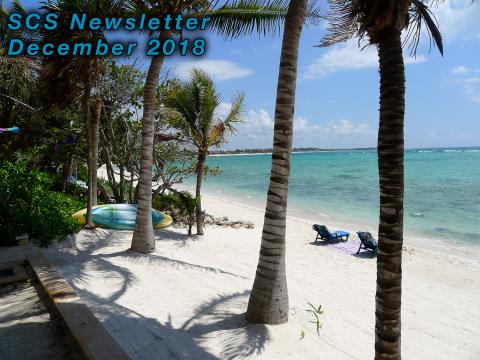Richard Talbert, University of North Carolina at Chapel Hill, Organizer
A 1980 APA committee report (Research Tools for the Classics) was right on both counts to declare cartography at that date “an area of extremely great importance, where the state of our tools is utterly disastrous.” The panel briefly discusses the disappointing lack of progress made during the previous past century, and advances reasons for its limitations (Papers #1, 2). The main focus of the five papers, however, is on the transformation successfully achieved since around 1980, and still ongoing.
Greek and Roman Mapping
Modern Mapping Before Digitization
What Difference Has Digitization Made?
What Has the Ancient World Mapping Center Done for Us?
Rome’s Marble Plan: Progress and Prospects
---
Matthew M. McGowan, Fordham University, Organizer
This panel commemorates one hundred and fifty years of professional classics in North America by inviting four experts in the history of classical scholarship to reflect on the place of professional classicists in American higher education and intellectual life and on the changing nature of the Society for Classical Studies itself.
1869: The Year That Changed Classical Studies in America
African American Members of the Society for Classical Studies: A Census of Affiliations (1875-1938)
Speaking as a Classicist: The APA/SCS and American Politics
Opening the Gates: The American Philological Association/Society for Classical Studies 1970-2019
---
Joint AIA-SCS Session
Andrew Laird, Brown University, and Erika Valdivieso, Brown University, Organizers
What were Rome’s legacies in the Americas before the formation of the United States? What can those legacies bring to the disciplines represented by the SCS and the AIA today? The occasion of the 150th Meeting and its location in San Diego, which now stands on the border of two American nations, provide an appropriate forum in which to raise such questions: California was annexed from Mexico and granted statehood barely twenty years before the foundation of the SCS in 1869, while the area of San Diego, claimed for the Spanish Empire more than three centuries earlier, has been the territory of the Kumeyaay people for at least a millenium.
American Philological Associations: Latin and Amerindian Languages
Transformation of Roman Poetry in Colonial Latin America
Seeing Rome in the Andes: Inca Architectural History and Classical Antiquity
Alterae Romae? The Values of Cross-Cultural Analogy
---
Stephen Hinds, University of Washington, Organizer
This workshop is an open and free-form large-room discussion of what we think the trajectories of our field, broadly defined, will and/or should be, not just in the immediate future but for the next 150 years; this does not of course exclude narratives of how we got where we now are. We cannot cover everything in one SCS meeting session, but the idea is to have the kind of discussion that people will continue to pursue among themselves during the rest of the meeting. Speakers will lead off a general all-room discussion by offering five to six minutes each of lively, thoughtful and provocative remarks.
Speaker/Facilitator
Speaker/Facilitator
Speaker/Facilitator
---
We'd like to thank Michele Salzman, Stephen Hinds, and Matthew McGowan for organizing these panels.
Do also note the presidential panel "Global Classics," which will feature Omar Daniele Alvarez Salas (Universidata Nacional Autonoma de Mexico), Obert Bernard Mlambo (University of Zimbabwe), Ophelia Riad (University of Cairo), Harish Trivedi (Delhi University), and Jinyu Liu (Depauw University and Shanghai Normal University).
---
More November 2018 Newsletter Content
Read about Mary Beard's public lecture.
Learn about the accomplishments of the winners of our Outreach Prize.
Learn, too, about our Distinguished Service award winners.
Our local arrangements guide is ready for perusal.
Photo Credits for November, 2018 Newsletter

